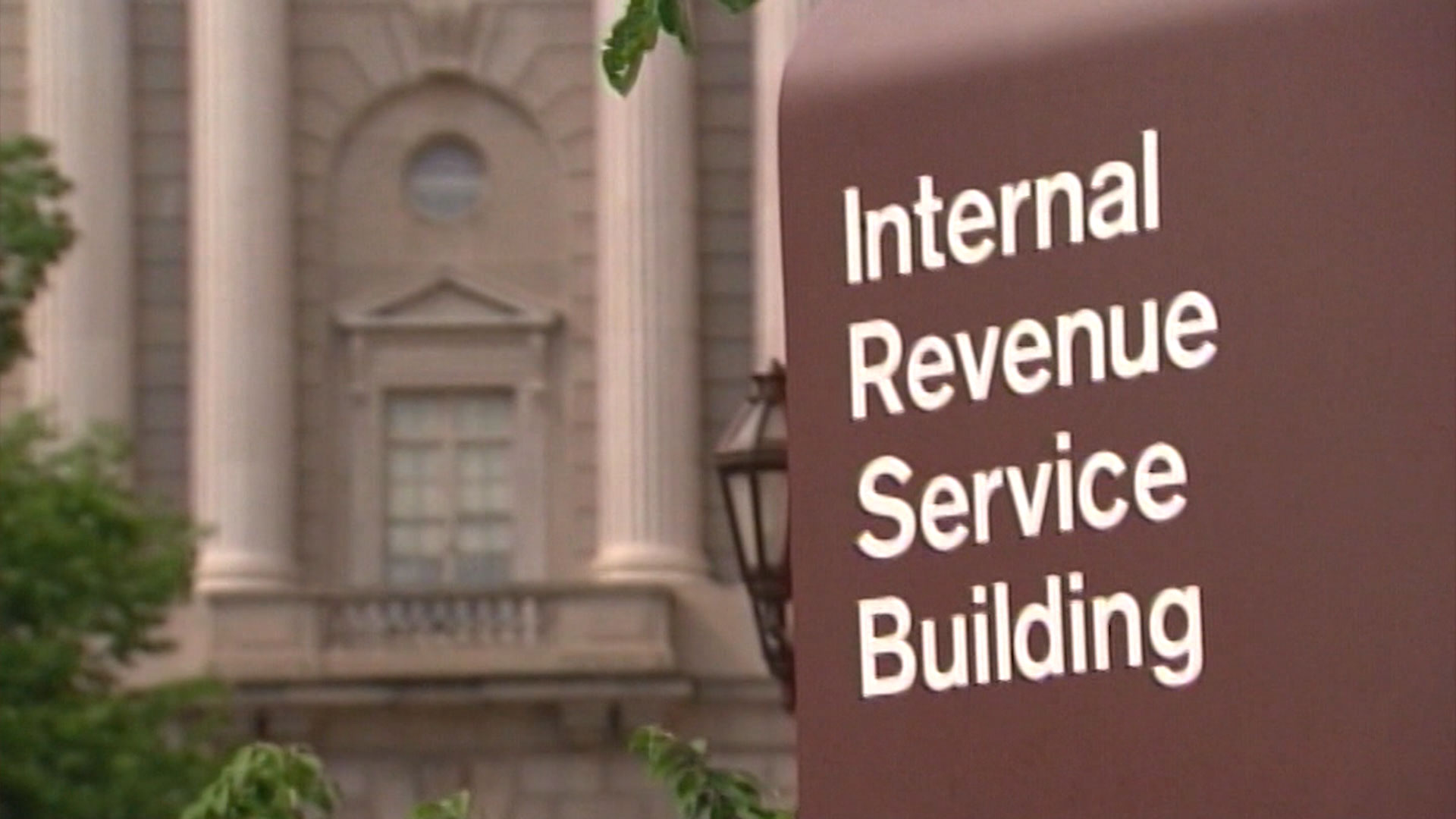
Congressional Democrats are on the cusp of doubling the size of the Internal Revenue Service, allocating $80 billion to expand the IRS, including tens of thousands of new IRS enforcers. The IRS funding in their “Inflation Reduction Act” is all but certain to become a reality after the Senate passed the measure over the weekend.
Quick Start Podcast: Abuse of Power Claims Made After FBI Descends on Trump’s Residence
The bill is set to more than double the IRS’ current workforce, making it one of the largest federal agencies and increasing its budget by roughly 600 percent. Senate Majority Leader Chuck Schumer (D-NY) praised the bill saying, “I am confident the Inflation Reduction Act will endure as one of the defining legislative feats of the 21st century.”
But even media sources like the Wall Street Journal are sounding concerned about the IRS part of the plan, writing, “Democrats claim this ‘investment’ will yield more than $200 billion in revenue. That estimate is highly speculative, but if it’s anywhere close to right, IRS auditors will soon be coming after tens of millions of Americans.”
That’s because the huge spending bill creates an estimated 87,000 additional IRS auditors who will target Americans by launching over a million more tax audits per year. And Sen. Ted Cruz (R-TX) is just one critic of the measure who says middle-class taxpayers and even lower-income earners are going to end up bearing the brunt of the expected audit storm.
“Democrats want to make the IRS larger than the Pentagon, the State Department, the FBI, and the Border Patrol combined,” Cruz wrote. “That’s a terrible idea. We should abolish the IRS!” Here’s his speech in the Senate:
Democrats want to make the IRS larger than the Pentagon, the State Department, the FBI, and the Border Patrol combined.
That’s a terrible idea. We should abolish the IRS! pic.twitter.com/DtI8SSIHmO
— Senator Ted Cruz (@SenTedCruz) August 7, 2022
The office of Sen. Tim Scott (R-SC) also issued a statement that contends the bill will lead to “hiring thousands of new agents to shake down hardworking Americans.”
A Congressional Budget Office (CBO) analysis does predict that the hiring of all those agents would result in more than $200 billion in tax dollars taken from Americans over the next decade. And further analysis indicates that money would come from IRS audits against families making less than $200,000 a year.
The Wall Street Journal makes it clear that’s a legitimate concern for the middle class, writing, “The Joint Committee on Taxation, Congress’s official tax scorekeeper, says that from 78% to 90% of the money raised from under-reported income would likely come from those making less than $200,000 a year. Only 4% to 9% would come from those making more than $500,000.”
And Joel Griffith with the Heritage Foundation confirms, “If you look at the past, the audits disproportionately impact those that are middle class, upper middle-class income earners. Those are the ones who get targeted by this.”
It’s not just Republicans and the Wall Street Journal who are concerned about the IRS targeting lower to middle-class Americans. As CBS News reported earlier this year, analysis of IRS behavior proves it’s already targeting average taxpayers on a disproportionate scale, even before the impending escalation. That even includes taxpayers making less than $25,000 a year.
Sen. Scott said in a Senate speech, “When you think about the size of the IRS — when you think about the enforcement — realize that according to the CBO, 90% of the targeting would be on household incomes under $200,000.”
And the minority contingent of the House Ways and Means Committee put out an estimate that this bill will lead to 1.2 million new audits per year with over 700,000 of those new audits falling on taxpayers making $75,000 or less.
Dems’ bill contains no protections for the middle-class from new barrage of IRS audits.
“Every retailer in the US who cares about their hard-hit customers should be fighting to block this unnecessary harassment of hard-working Americans.” –@RepKevinBradyhttps://t.co/qgxklR9G3T
— Ways and Means GOP (@WaysandMeansGOP) August 6, 2022
Senate Democrats rejected amendments to their bill that would have kept it from hitting ordinary Americans so hard.
Tax expert Dan Pilla breaks down how all the new IRS funding is being allocated:
- $3.181 billion for taxpayer services, pre-filing assistance and education, return filing and account services, and taxpayer advocate services;
- $4.751 billion for updating computer systems generally, and the development of “call-back” technology;
- $25.326 billion for operations support, and general administrative expenses for such things as rent, printing, postage, vehicles, etc.; and
- $45.638 billion for enforcement, including increased audits and collection, litigation support, and criminal investigations.
***Please sign up for CBN Newsletters and download the CBN News app to ensure you keep receiving the latest news from a distinctly Christian perspective.***
The remainder of this article is available in its entirety at CBN